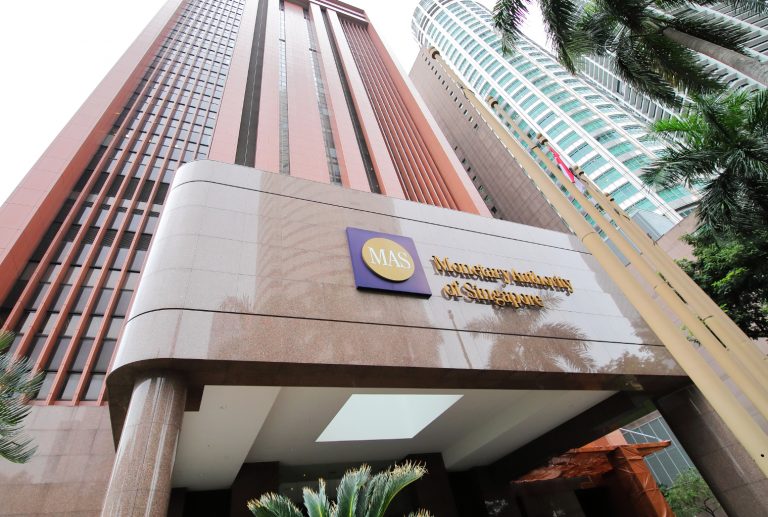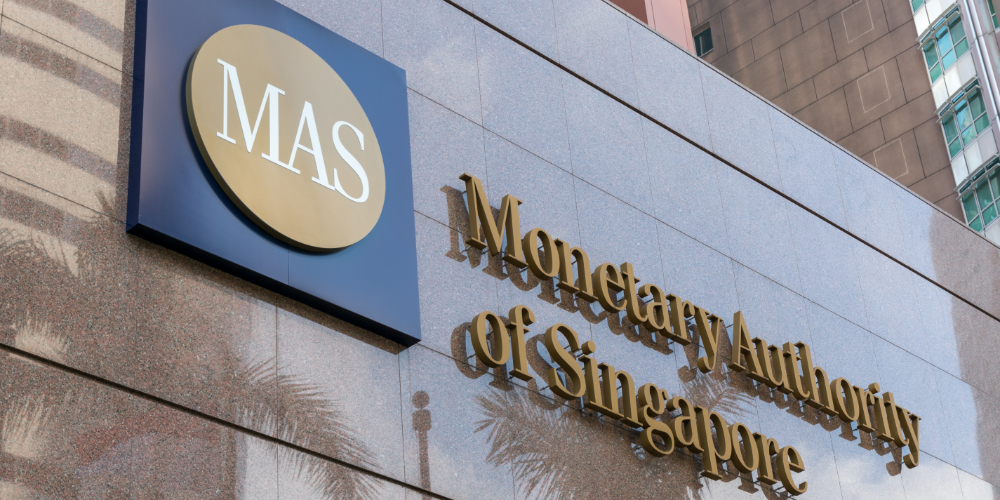
The Monetary Authority of Singapore has granted an exemption from holding a license to a number of cryptocurrency companies operating in the country under the new Payment Services Act. Among the companies benefiting from this six-month grace period are Binance, Coinbase, Gemini, Bitstamp, Luno, Upbit, and Wirex.
Also read: 2x Bitcoin — Wanna Double Your BTC to the Moon? Forget About It
License Exemption Under Payment Services Act
Singapore’s central bank and financial regulator, the Monetary Authority of Singapore (MAS), published this week a list of companies that have been granted an exemption from holding a license under the Payment Services Act (PS Act) 2019 for a specified period of time. The Act went into effect on Jan. 28; it regulates crypto service providers in Singapore.
Crypto companies that were already in business prior to the commencement of the Payment Services Act were required to notify the MAS of their businesses and have been granted a license exemption. The authority emphasized:
These entities are not licensed under the PS Act to provide the specific payment services, but are allowed to continue to provide the specific payment services.

Companies that failed to notify the central bank are in breach of the notification requirements under the new regulation, the MAS noted. These entities are neither licensed nor exempt from holding a license to provide specific payment services, including crypto services, the regulator confirmed.
6-Month Grace Period
The Payment Services Act classifies “specific payment services” into six types. They are account issuance service, domestic money transfer service, inward cross-border money transfer service, merchant acquisition service, e-money issuance service “where the total float held by the e-money issuer does not exceed $30,” and “digital payment token service.” Cryptocurrency services fall under the digital payment token service category.

Companies providing digital payment token services are exempt from needing a license to operate for six months from the commencement of the Act, a period which ends on July 28, the MAS confirmed. Companies providing other types of services defined in the Act can keep operating without a license for 12 months from the Act’s commencement or until Jan. 28, 2021.
Among cryptocurrency companies that must comply with the new Payment Services Act by July 28 are Binance Asia Services, Bitcoin Exchange, Bitcross, Bitstamp, Coinbase, Coincola Singapore, Kryptos-x, Luno, Payward, Quoine, Ripple Labs Singapore, Upbit Singapore, and Zipmex. Crypto companies that are able to provide other services in addition to crypto ones include Bitgo Singapore, Gemini Trust Company, Ledgerx, Paxos Global, and Wirex. The complete list can be found here. The MAS clarified:
The exemption will cease after the specified period; or if the entity submits a licence application under the PS Act, on the date that the application is approved or rejected by MAS, or withdrawn by the applicant.
What do you think of the MAS’ six-month exemption? Let us know in the comments section below.
The post Singapore Allows Crypto Companies to Operate Without a License for 6 Months appeared first on Bitcoin News.
from Bitcoin News https://ift.tt/2UESjla
Comments
Post a Comment